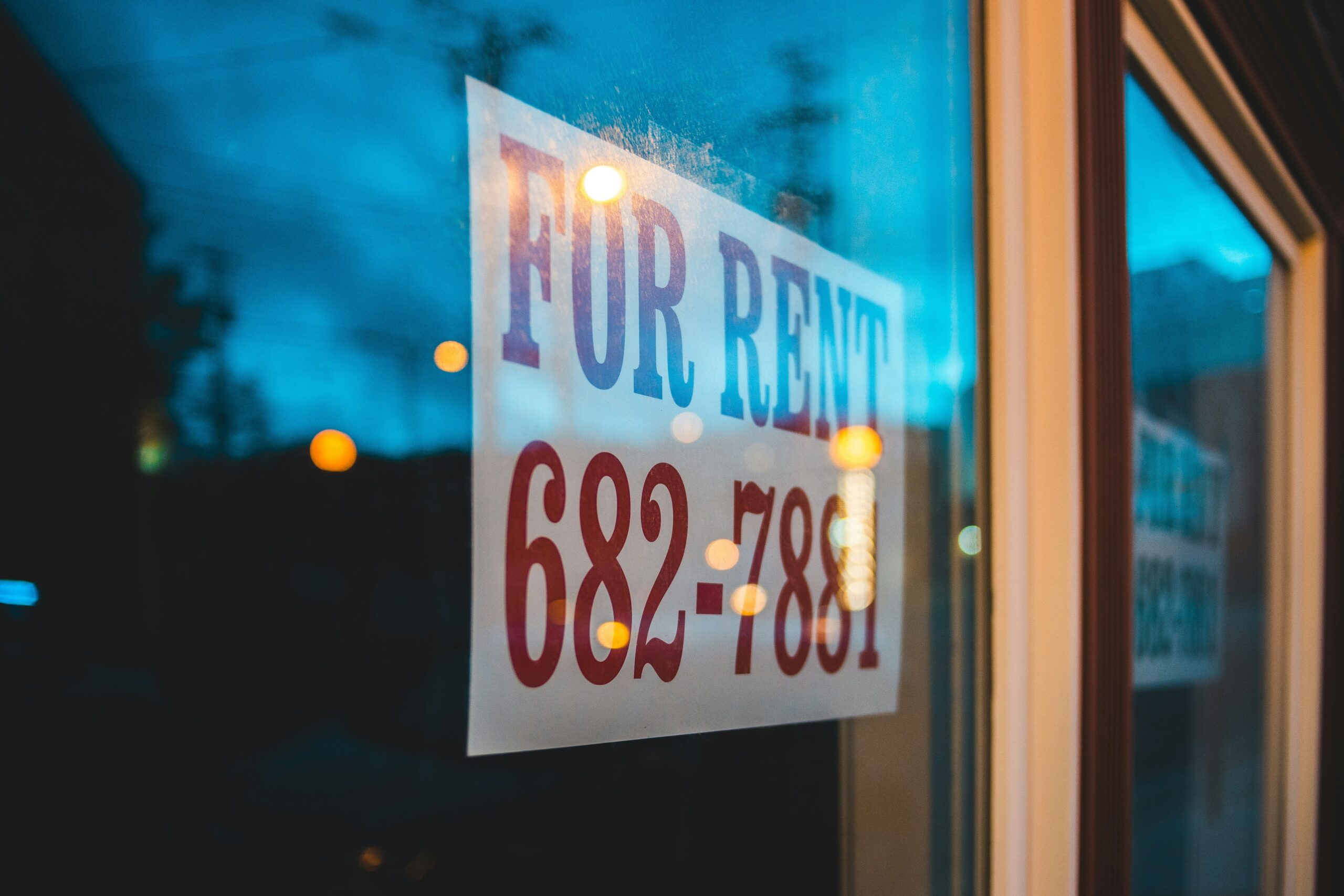“Ever woken up to a burglarized rental property and thought, ‘Great, now what?’ Yeah, us too.”
If you own a rental property, burglary insurance can be your lifeline in those soul-sucking moments when everything goes missing. But here’s the kicker: filing a Rental Property Coverage Claim can feel like trying to solve a Rubik’s Cube blindfolded. That’s where this guide comes in.
We’ll walk you through:
- What Rental Property Coverage Claims really cover (spoiler: it’s not always straightforward).
- A step-by-step process to file claims without losing your sanity.
- Tips from seasoned property owners who’ve been there, done that, and got the payout tee.
Table of Contents
- Key Takeaways
- Why Rental Property Insurance Matters
- Step-by-Step Guide to Filing a Claim
- Pro Tips for Maximum Payout
- Real-Life Examples
- FAQs About Rental Property Coverage Claims
Key Takeaways
- Burglary insurance is often part of broader rental property coverage claims but requires evidence to validate losses.
- Filing promptly with detailed documentation increases your chances of success.
- Don’t assume every item stolen will be covered—read the fine print!
- Tenants may need their own renters’ insurance; landlord policies generally exclude tenant belongings.
Why Rental Property Insurance Matters
Imagine this: You’re on vacation sipping piña coladas while your rental unit back home gets cleaned out by burglars. Appliances, electronics—gone. Oh, and let’s not forget the costly locks you’ll have to replace. Sounds like a nightmare, right?

Did you know? Over 30% of burglaries occur in rental units due to perceived ease of access.
Here’s the harsh truth: your standard homeowner’s policy probably doesn’t cut it. A specialized landlord insurance policy that includes burglary protection ensures you’re protected against theft-related damages—even if tenants aren’t at fault.
Optimist You: “Insurance is great because I won’t lose money!”
Grumpy You: “Yeah, unless they deny my claim because I didn’t dot an ‘i’ or cross a ‘t.’”
How to File a Rental Property Coverage Claim: Step-by-Step
Step 1: Assess the Damage Immediately
As soon as you learn about the break-in, document everything. Take photos of broken windows, damaged doors, and any missing items. Include timestamps and detailed notes.
Step 2: Notify Law Enforcement
Contact local authorities ASAP. Their report isn’t just critical for catching bad guys—it’s also essential for proving your case to insurers.
Step 3: Contact Your Insurance Provider
Call your insurance agent within 24 hours. Be prepared to provide:
- The police report number.
- Evidence of damages (photos/videos).
- An inventory list of stolen items.
Step 4: Review Policy Details Carefully
Double-check whether your policy covers theft of specific high-value items like jewelry or electronics. Sometimes these require additional riders.
Pro Tips for Handling Rental Property Coverage Claims Like a Pro
- Maintain Records: Keep receipts for all major purchases related to your rental property. This helps prove value during settlements.
- Avoid These Terrible Moves: Never exaggerate the extent of damage or attempt to inflate costs. Fraudulent claims can lead to denial and legal trouble.
- Schedule Regular Check-ins: Periodically review your coverage limits. Inflation and rising replacement costs might mean you’re underinsured.
- Be Persistent: Insurers sometimes lowball initial offers. Negotiate politely but firmly based on documented evidence.
Real-Life Examples: Lessons From Other Landlords
Case Study #1: Sarah L., a landlord in Chicago, had her rental unit burglarized mid-lease. She filed a claim using meticulous photo documentation and copies of purchase invoices. Her insurer reimbursed her fully—but only after she provided proof of original values.
Case Study #2: David K.’s experience was less rosy. He waited two weeks before reporting the incident, assuming his tenants would handle it. By the time he filed, key evidence was gone, and the claim was denied.
Frequently Asked Questions About Rental Property Coverage Claims
Do Tenants Need Separate Insurance?
Yes! While your policy covers structural damage, tenant possessions typically fall under renters’ insurance.
What If My Policy Denies the Claim?
You can appeal the decision by providing further evidence. Consult a lawyer specializing in insurance disputes if necessary.
How Long Does Filing Take?
Most claims resolve within 30-60 days, provided all paperwork is complete.
Conclusion
Filing Rental Property Coverage Claims doesn’t have to feel like navigating a bureaucratic maze. With proper documentation, timely action, and persistence, you can recover losses quickly and efficiently.
Remember, prevention is better than cure: invest in quality locks, security cameras, and tenant screening to minimize risk.
Like Frodo destroying the One Ring, filing claims takes grit—but we promise it’s worth the journey.
*Chef’s kiss* for making it this far. And hey, don’t forget your coffee—or, um, Hobbit snacks?
And one final haiku:
Burglars strike swiftly,
Claims restore peace of mind.
Coverage saves day.


